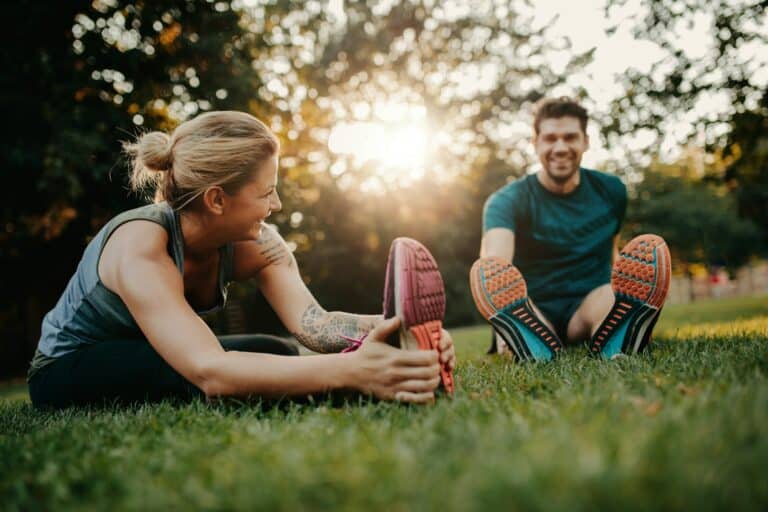The human body is an amazing machine capable of wondrous things. We can coax it to conquer new challenges and reach higher levels of strength and stamina. But sometimes, there are hiccups. Setbacks such as pulls and strains while raking leaves or running for the finish line. What is the next best step when you pull a muscle? Here are three things you can do.
Take a time out
Muscle strain can occur suddenly, as with a wrong move, or with overtraining. However you came by your sprain it is important to listen to the signal your body is sending: STOP. As much as possible, allow the area to rest. Do not make additional demands on the injured muscle. Instead go for the RICE protocol.
• Rest – resist the urge to continue normal activities or push through the pain.
• Ice – wrap frozen veggies or an ice pack and place on the affected area for 20 minutes each hour while you are awake. A heating pad can be helpful for chronic injuries. Inflammation is less of a concern for ongoing or longer-term strains.
• Compression – if possible, wrap the area to reduce swelling.
• Elevation – raise the affected area, when possible to support healing and reduce swelling.
Take a pain reliever
Ice can help with the inflammation as will NSAID’s or non-steroidal anti-inflammatory drugs. These include over the counter preparations such as Aleve. You can expect less pain and swelling. Certain health conditions make acetaminophen a better option so be sure to check with your doctor.
 Show the affected area a little TLC
Show the affected area a little TLC
Some light stretching or a massage can help strained muscles feel better. This strategy is particularly helpful with nagging, rather than acute, injuries. Alternately, you can use a tennis ball or foam roller to manage muscle tightness and tension as well as increase blood flow to tendons and ligaments.
Reduce your risk of sprains by caring for your muscles. Remember to warn-up before exercise, rather than stretch cold muscles. For example, do some walking or easy jogging before you run. Get some cardio in to boost body temperatures. Also, stretch after – not before- you exercise. Your body temperature will be elevated and muscles more elastic and flexible, which means reduced likelihood of injury.
If you heard a popping sound at the time the injury occurred it is important to seek professional help. Likewise, if pain and reduced flexibility persists, schedule an appointment with a health care professional. Be careful before on returning to normal activity. Improper attention to a pulled muscle could turn a minor injury into a major headache.


